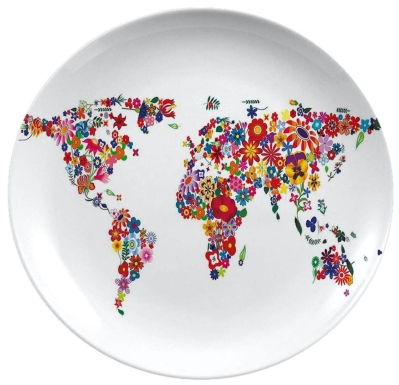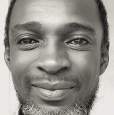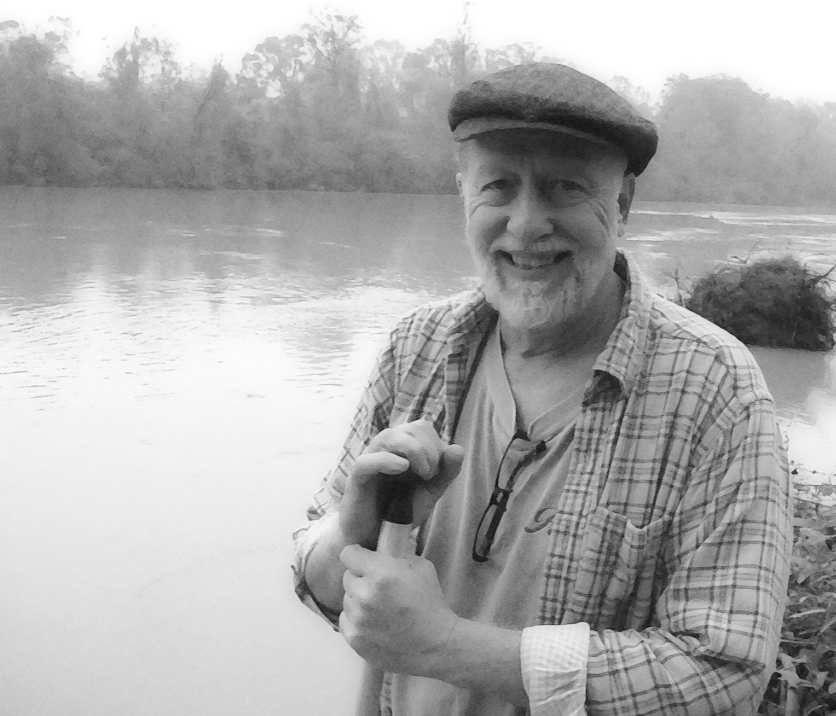
Good Clean Dirt for My Grandsons
by Thomas A. Thrun
What do I tell them, my two young grandsons, in 2021?
How do I explain, simply, the importance of good clean dirt
and its role in healing our earth and slowing the warming?
The oldest reminds me he’s almost seven! His brother
proclaims, I’m five and a half! Tucking them in, I paraphrase
Tennessee Ernie Ford: God bless your pea-picking hearts!
I dim their room’s lights. I sigh to myself, almost cry, for I
am a Baby Boomer, born of parents of The Greatest Generation,
per former NBC News Anchor Tom Brokaw’s book of 1998.
Pa and Ma farmed 80 acres in southern Wisconsin (1944-1990).
They’d each grown up with almost nothing in The Depression,
courted during WWII and raised us kids with cows and chickens.
Tobacco was our main cash crop, the one that paid the taxes
and helped all us get through college. Pa said, You kids don’t need
to wash your hands to eat lunch out here. It’s just good clean dirt!
Our farm basically was Sustainable long before the term
was fashionable. Pa did not like chemicals, but did use 2,4-D
to keep the thistles and nettles from shorting out the pasture fence.
Pa cultivated between tobacco rows with one horse, and we all
followed with our hoes, working out the weed sprouts between plants.
Come harvest, few weeds were left to damage the precious leaves.
The grandboys and I now play farm in our condo basement
with my 1950s vintage rubber cows, toy tractors, and implements.
I’ve built replicas of our 1900 barn, wood silo, and other buildings.
I’ve modpodged family photos to the undersides of hinged roofs
with captions detailing the care of livestock and the land itself.
And I talk about all this as we play, hoping dearly some sinks in.
For now (and if for some reason I am not around to witness
their becoming young men), this poem will have to do. Along
with others and the 125-page/400-photo memoir I’ve penned.
I want them to get good clean dirt stuck under their fingernails.
I want then to appreciate our Wisconsin conservation heritage and
have my copy of Aldo Leopold’s A Sand County Almanac.
I want to tell them about former Gov. Gaylord Nelson. About
my picking up road litter and a very warm bottle of Blatz beer with
two friends, high school girls, on the very first Earth Day in 1970.
If nothing else, I want Ben and Miles to be Conservation Voters.
They do not know yet, but it’s already in their blood. I want them
to learn of Glasgow, where earth’s healing begins . . . again.
And, if only for a day, both sometime should eat lunch in a field,
with hands stained in harvest of organic food for others. I want them
to understand land ethics. To heal the earth, each in his own way.
PHOTO: Marinette County, Wisconsin, farm by Milo Mingo.

NOTE1 FROM THE AUTHOR: Raised as a Badger State farm boy, the land always has been important to me. I am the son of a second-generation Wisconsin farmer. Growing up in the 1960s, my father often impressed upon us how fortunate my sisters and I were to have electricity, refrigeration, TV, and indoor, running water . . . among many other things. My father and his brothers all were born before WWI and knew the meaning of real hard work. They were tied close to the land, and often exchanged labor with other neighboring farmers and relatives. We used mostly hand tools, hoes instead of herbicides as much as possible. Labor from us, his children, was free and expected. Pesticides, herbicides, and other chemicals were expensive.
PHOTO: Poet Tom Thrun and his twin sister, Nancy, about 1959, on their work horse. Older sister, Ruthie, holds the single-row tobacco cultivator.

NOTE2 FROM THE AUTHOR: It is important t me that my children and grandboys know about all this, especially living here in this state with its rich (though now threatened) conservation heritage and ethics . . . as important as breathing, home cooking, poetry, charity, Country and Classical Music, and the sense of community. I now understand how my own father grew to hate pickled fish. I took an interest in writing early on, and my older sister gave me a paperback of Robert Frost’s Complete Poems when I was 13. The rest is poetic history.
PHOTO: Poet Tom Thrun has countless hours recreating his family farm for his children and two grandboys. His model features toy animals, toy tractors, other machinery from the 1950s and 60s, as well as arn, pig house, hen house, outhouse, tobacco shed, granary, and other structures. He has attached photos, some going back 100 years, to the undersides of the roofs. Thrun also has written a 100-plus-page Thrun Farm Family Memoir with over 400 photos. Through the model and book, he has captured the essence of an early-to-mid-20th-Century Wisconsin farm.

ABOUT THE AUTHOR: Thomas A. Thrun, retired in Oconomowoc, Wisconsin, is an English/Journalism graduate of the University of Wisconsin-Platteville. He edited weekly newspapers both in Wisconsin and Washington State, among other varied career choices. Thrun cites his Wisconsin farming heritage and love for Robert Frost’s poetry among top influences of his own poetic work. He has been published in his retirement both in Wisconsin and other national online anthologies. He is included among the poets whose poems on “Words” have been selected for the upcoming 2022 Wisconsin Poets’ Calendar. Thrun and his wife have two grown children and two grandsons. Thrun and his wife have two grown children and two grandsons.























